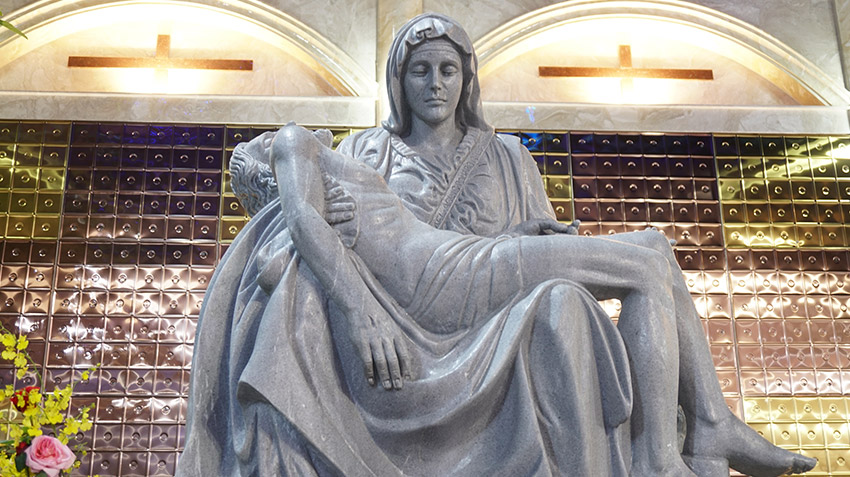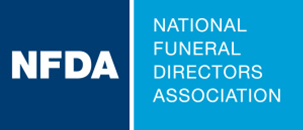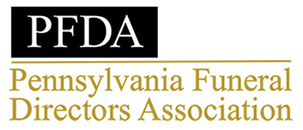
Losing a loved one can be one of the most difficult experiences anyone can go through in their lifetime.
It’s a time of intense emotions, confusion, and grief, but it’s also a time to reflect on the person who has passed away and celebrate their life, to commemorate who they were and how they helped mold loved ones.
One way to honor their memory is by writing and delivering a eulogy at their funeral. A eulogy for funerals is a speech or written tribute that honors the life, achievements, and character of someone who has recently passed away.
It’s usually delivered during a funeral or memorial service by someone who was close to the deceased, such as a family member, friend, or colleague. A eulogy is a way to celebrate the deceased’s life, share memories, and offer comfort to those who are grieving. Below are some steps to write a fitting eulogy for funerals.
Gather information
The first step in writing a eulogy is gathering information about the deceased, whether it’s memories or special moments you shared with them. Talk to family members and close friends to get a sense of their personality, interests, and accomplishments.
Ask them to share stories and anecdotes that highlight their loved one’s unique qualities and experiences. Take notes as you listen, and try to identify a few themes or messages that capture the essence of the person you’re memorializing.
Start with an introduction
Your introduction should set the tone for the eulogy and grab the attention of the audience. Consider beginning with a personal story or memory that illustrates the relationship you had with the person you’re honoring.
This can help establish an emotional connection with the audience and create a sense of shared experience.
Share memories and stories
The heart of a eulogy is the personal stories and memories you share about the person who has passed away. Try to strike a balance between lighthearted anecdotes and more serious reflections on their life and legacy.
Consider weaving in quotes or sayings that were important to the person or which capture their spirit. If possible, try to highlight the ways in which they made a positive impact on the lives of those around them.
Acknowledge their accomplishments
If the person you’re writing about had notable accomplishments or achievements, be sure to mention them in the eulogy. This can include professional accomplishments, volunteer work, or personal achievements.
Consider how these accomplishments reflect the person’s values and personality, and how they made a difference in the world.
End with a message of hope
While a eulogy is a time to mourn the loss of a loved one, it’s also an opportunity to offer a message of hope and comfort to those who are grieving their loss.
Consider ending your eulogy with a quote or message that offers inspiration or encouragement. This can help provide closure and a sense of comfort to those in attendance.
A eulogy for funerals can honor your loved ones
Writing a eulogy is a way to honor the life and memory of someone you loved. By gathering information, sharing personal stories and memories, acknowledging accomplishments, and offering a message of hope, you can create a meaningful tribute that will help those in attendance remember and celebrate the life of their loved one.
Remember to take your time, practise, and speak from the heart, and you’ll be able to deliver a eulogy that will be remembered for years to come. Alternatively, you can ask a eulogy writing service to help you.



